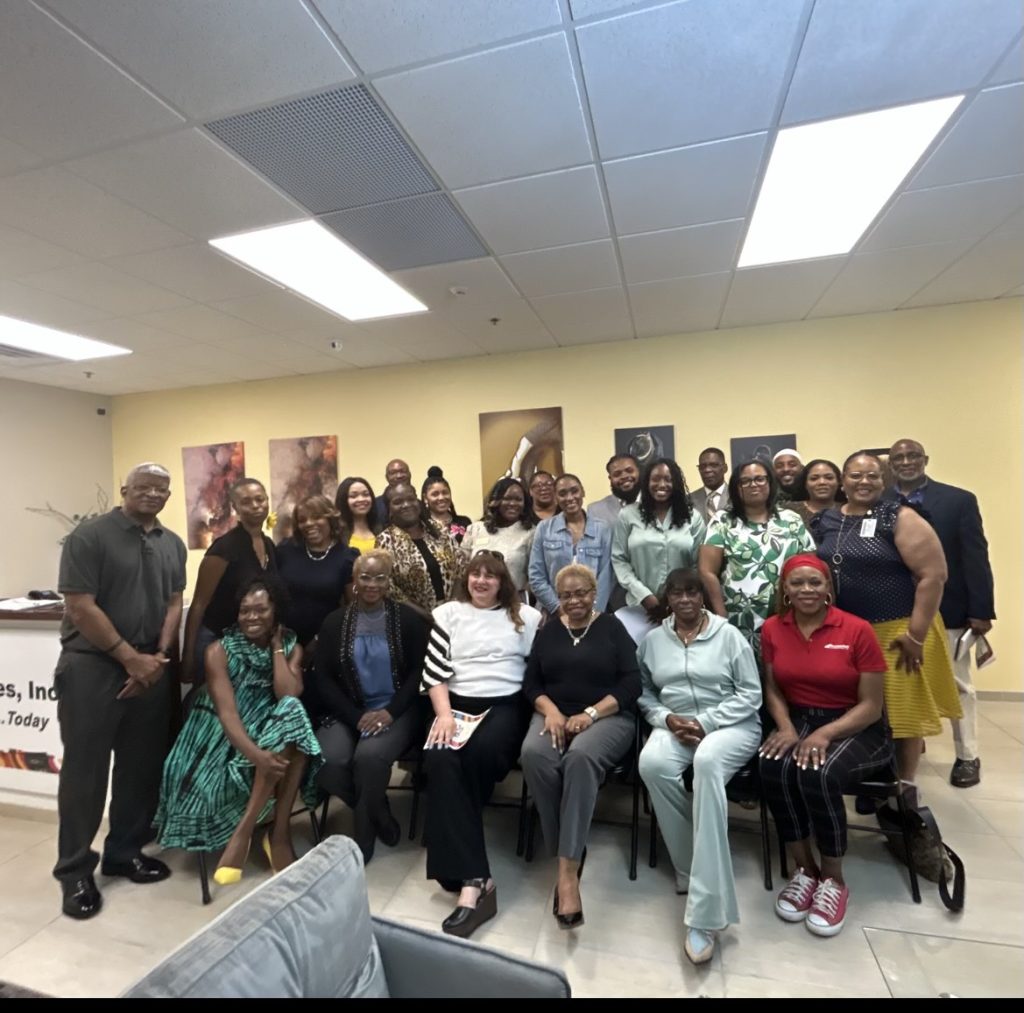Metro believes in investing in our communities and the lives of people we work with, walking with them in their preparation for the future. Whether it is helping them to find a job, pairing them up with a role model, going on a trip to a museum, helping with school, work, or providing with a safe place to hang out.
Our programs are based on the premise that perseverance, responsibility, hard work, and hope are timeless principles the next generation needs to overcome life’s challenges.
“We create change in individuals, families, and communities by providing education, employment and leadership development.”
Over fifty years ago, MCMI began by providing community-based supportive services, emergency food banks, and clothing closets. Today, we have expanded our reach by addressing four main areas of need in order to enhance quality of life for those we serve. These four areas are: educational and youth empowerment, employment assistance/workforce development, family unification, and reentry services.

Supports incarcerated individuals during a period of pre-release, creating a seamless transition to post-release services that includes: career planning and training, employment preparation, and supportive employment retention. Post-release connections, utilizing a warm handoff strategy, will enhance stabilization and decrease recidivism. Staff work collaboratively with participants to access housing, medical, and other supportive services that strengthen their reentry process and minimizes recidivism, along with community sustainability and support.
Family Unification
Family unification services will support the reentry process and work with individuals and their families. By nurturing connections with community resources, staff and participants work together to support their connection with necessary services leading to self sufficiency and success.
Youth intervention services are designed to serve youth ages 15-18, with a focus on five core areas of service: case management and support; alternatives to violence; mentoring and leadership development; paid/subsidized work experience, internships or on the job training; and educational placements.
If you are interested in participating, please click here
For regional information:
Community Education and Environmental Health
A community education service that works with Environmental Youth Advocates to design and create fun, cutting edge, and engaging presentations on healthy waterways, environmental health, and safety. Environmental Youth Advocates use these materials during their presentations to the community, educational groups, and community stakeholders. Presentations help increase awareness of pollutants that may poison natural waterways, and serve to improve safe drinking water.
For regional information:
Employment services
Helps reemploy individuals who have been dislocated from employment, have been unemployed for a long period of time, or are underemployed. Focused on serving those from historically marginalized communities, and/or those who have been unemployed for a prolonged period of time. Participants can get help to obtain training and credentials, and support in sustaining employment.
For regional information:
MCMI strives to provide community education efforts on healthy waterways and clean and safe drinking water in the region of Atlanta, GA
Working with youth and young adults from the community, we provide 15 hours of intensive training on the Safe Drinking Water Act, Clean Drinking Water Act, Covid health and Safety, and ways to maintain our families and communities safe from pollutants and increasing awareness of risky behaviors.